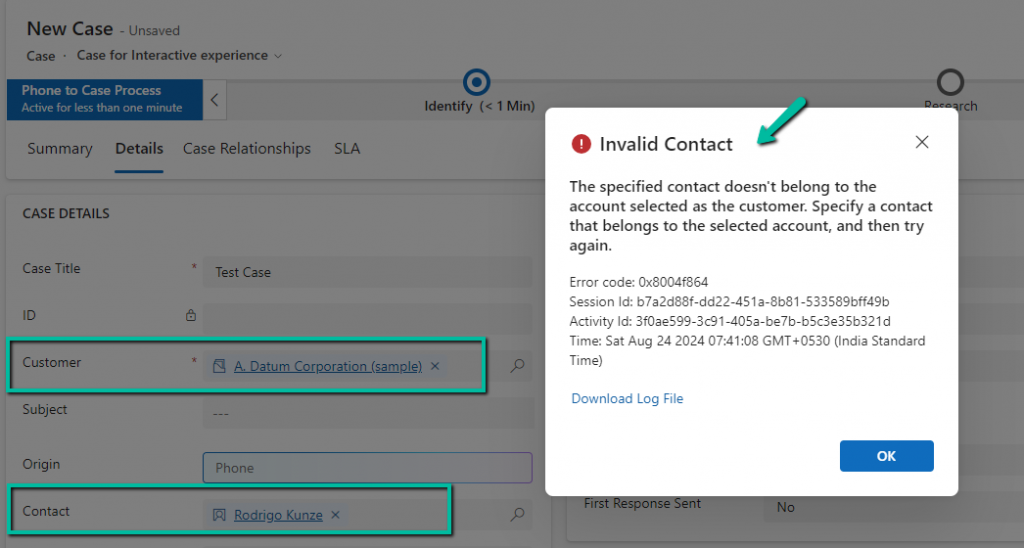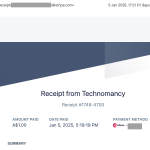Now Reading: FluentValidation – build strongly-typed validation rules in .NET
-
01
FluentValidation – build strongly-typed validation rules in .NET
FluentValidation – build strongly-typed validation rules in .NET

Install the FluentValidation .NET library for validation. Below is our sample Contact class and its corresponding validator class. The validator class needs to inherit AbstractValidator<Contact> and define the validation rules in the constructor using the RuleFor method. Instantiate the validator class, and pass the object to be validated. Here we have passed incorrect values for … Continue…
Continue Reading Nishant Rana’s Article on their blog
FluentValidation – build strongly-typed validation rules in .NET
Install the FluentValidation .NET library for validation. Below is our sample Contact class and its corresponding validator class. The validator class needs to inherit AbstractValidator and define the validation rules in the constructor using the RuleFor method. Instantiate the validator class, and pass the object to be validated.
Blog Syndicated with Nishant Rana’s Permission























